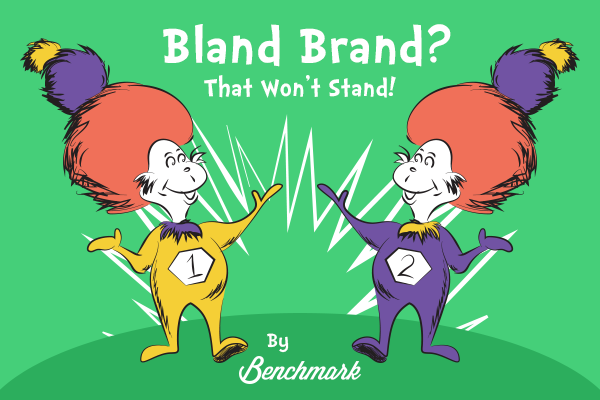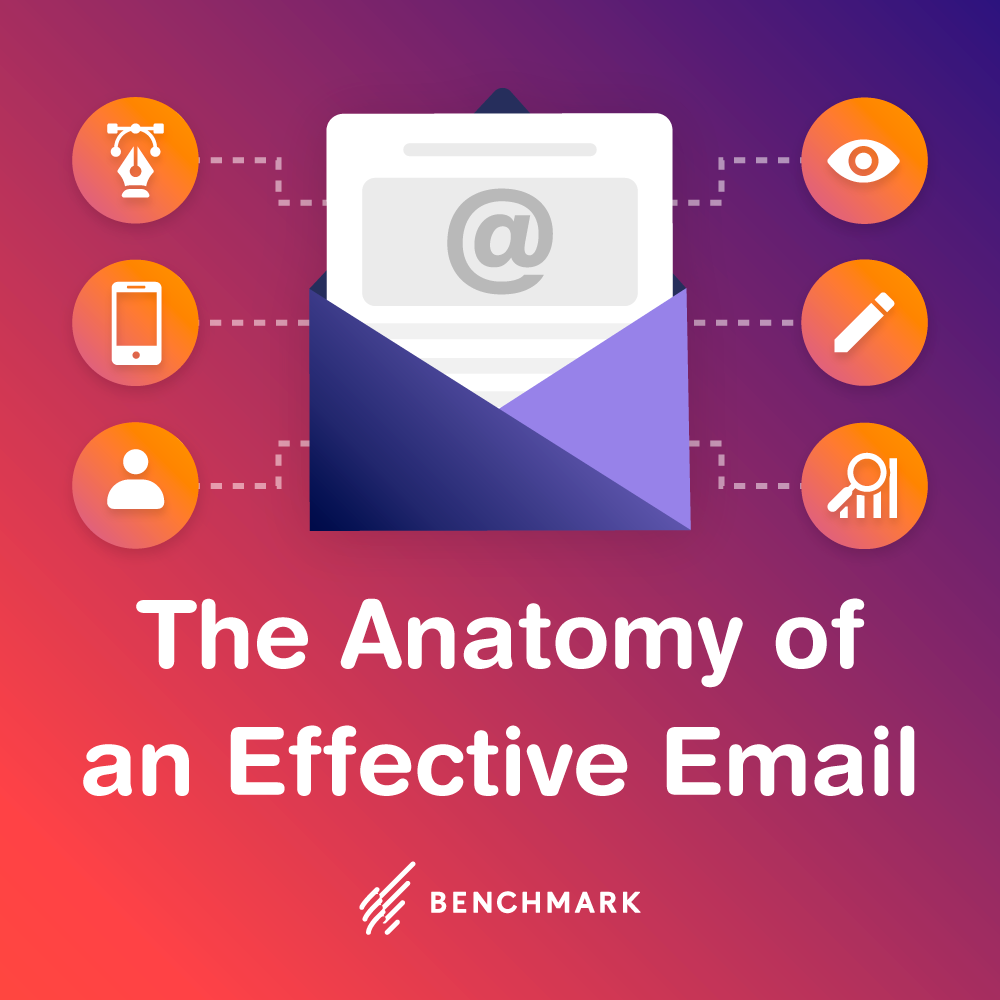
In a sweeping side-step to hipster wave, we’ve got a strong nerdist undercurrent. In the core sense of branding, the nerdist movement is an appeal to an identity. In an often direct opposition to hipsters, nerdists are all about content. What drives nerdists isn’t particularly a style (like with hipsters), but rather a story.
Think of Comic-Con, the Mecca of storytelling, which just eight years ago was an insignificant dent in a substream culture. It was still at that point just a growing branch of counter culture, with the convention itself (sure drawing a flock of followers, but which otherwise was) unable to draw the kind of following it has today – taking upwards of a week to sell out. Today, Comic-Con tickets sell out in 15 minutes. The convent now is unrecognizable from just a few years ago, drawing in all-stars among both panel members and presenters, but also the audience.
Just like with the Hipster movement that accepts a fringe identity separate from the mainstream (and it prides itself on that distinction), so too does the nerdist movement thrive on their own unique markers: the idea generating power of vivid storytelling.
We even see nerd brands sweeping through mainstream culture like in hit TV Shows. Take Supernatural for example. Turning the corner toward Season 10, the hit show recently incorporated a more nerdist element, with less-than meaty sidekicks, and even included the adoration of many nerdists, Felicia Day. Day, a self-starter who created an empire out of independently produced nerd fiction, had the ability to prompt entire episodes around fan fiction and cosplay (costume dress up). We see the push for nerd talk with Walking Dead as well. Having nothing to do with ‘nerdom’ aside from being based on a graphic novel coveted by nerds, Walking Dead (which attracts a legion of non-nerd fans) has a show called Talking Dead that follows directly after.
The premise of the show includes nerd-king Chris Hardwick acting as host on a show that features one or two Walking Dead cast members plus a special guest, all of whom perch on a set styled with chic fan-fare, where (with full nerd gusto) they discuss the latest episode. Talking Dead and its nerdist approach have been so successful that it’s now seen as an extension of the show itself. And you’ve probably heard of Chris Hardwick before – likely back when he was the host for the MTV dating show, Singled Out with co-host Jenny McCarthy. Since then he’s reinvented himself with the widely popular nerdist.com and an equally popular podcast called The Nerdist, both of which cater to geek culture.
We’ve come a long way from Revenge of the Nerds. The 21st century nerd is cool and intelligence is sexy. Much like hipsters, nerdists also have very little regard for brand names. In fact, they’re arguably the least likely group of brand mongers – even when compares to hipsters. In fact, Hardwick offers a niche understanding of what it means to be a nerd. For him, being a nerd is a life hack, offering the thought that you can “nerd out on anything. Say you run an auto-parts dealership—that really means you’re into classic cars and engineering. If you own a vineyard, you’re nerding out on agriculture, weather and topography. You can extrapolate that pretty far, as long as you stay true to the intersection of passion and information.” The takeaway here is that the ‘nerd’ brand is about embracing one of the most authentic stories there is: the story of you. As nerd culture continues to develop, watch for more self-possessed narratives that embrace a personal brand. As Hardwick points out in his nerd-hack philosophy, it’s not about having a big nerd brain or relishing favorite fan-fiction; it’s about carving out your own narrative or being a part of a more powerful story. That is essentially what creates the nerd brand – an authentic self that likes to think and create.



